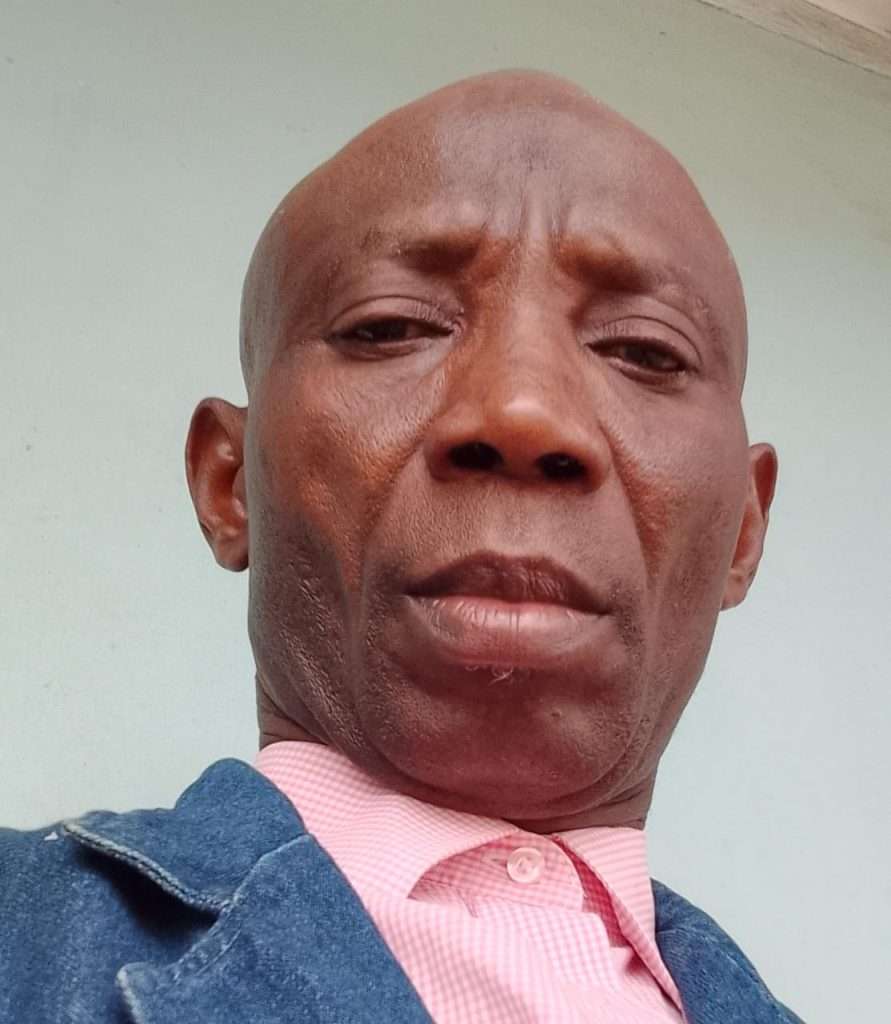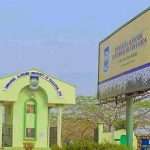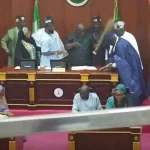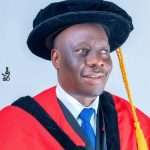


In Nigeria, the government’s neglect of education has reached alarming proportions, revealing a stark contradiction between the rhetoric of leadership and the reality of policy implementation. The country’s leaders, both present and past, have consistently demonstrated a disinterest in fostering a robust public education system. This negligence is exemplified by their preference for private educational institutions, where their own children are often enrolled, highlighting a disturbing disconnect between the elite and the general populace.
Today, the number of private institutions in Nigeria is almost comparable to that of federal government universities. However, many of these private institutions are established by the wealthy elite, leaving a significant portion of the population, particularly the poor, unable to afford quality education. How many children from low-income families can realistically access these private institutions? This disparity further underscores the urgent need for a well-funded public education system that serves all Nigerians, regardless of their financial background.
The Academic Staff Union of Universities (ASUU) faces numerous pressing issues that significantly impact the quality of education and the welfare of academic staff. First and foremost, the chronic underfunding of public universities leads to inadequate infrastructure, poor learning environments, and insufficient research support. ASUU advocates for increased government investment in higher education, asserting that a nation’s progress hinges on a well-funded and well-resourced educational system.
Salary and allowance issues further exacerbate the situation. Persistent delays in salary payments and inadequate allowances for academic staff are major grievances. ASUU frequently demands better remuneration and timely payments, which are fundamental to maintaining a motivated and effective workforce. The lack of fair compensation is a direct reflection of the government’s failure to value education and those who provide it.
Moreover, the working conditions in many universities are deplorable. Essential facilities and resources are lacking, negatively affecting teaching and research. ASUU calls for improvements, including better access to laboratories and libraries, which are essential for fostering an environment conducive to learning and innovation.
The issue of university autonomy cannot be overlooked. ASUU fights for independence from political interference, advocating for a system that allows institutions to manage their affairs without external pressure. This autonomy is critical for the integrity of academic freedom and the pursuit of knowledge.
Pension and retirement benefits represent another significant concern. Many academic staff face inadequate pension schemes, leading to uncertainty in their post-retirement years. ASUU seeks reforms to ensure fair treatment and security for retired members, emphasising the importance of safeguarding their contributions over a lifetime.
The implementation of agreements between ASUU and the government is frequently neglected, leading to frustration and recurring strikes. These strikes, often a last resort for ASUU to press for their demands, disrupt academic calendars and adversely affect students’ education. The cyclical nature of these industrial actions raises questions about the government’s commitment to resolving these issues constructively.
Furthermore, the overall quality of education in Nigeria has declined substantially due to inadequate resources and support for academic staff. ASUU advocates for policies that enhance educational standards, recognising that an educated populace is vital for national development.
At this juncture, it is important for educators, parents, students, and the general public to ask: are we asking for too much? The demands made by ASUU are not merely for better salaries or working conditions; they are calls for a fundamental re-evaluation of the value placed on education in Nigeria. The government’s persistent neglect and the prioritisation of private education over public institutions send a clear message that the future of Nigeria’s youth is not a priority.
While the concerns of ASUU are significant, it is also essential for the government to address potential inefficiencies within the academic system. If evidence arises that some lecturers are unproductive, it is crucial for the government to conduct thorough investigations based on clear evidence. Genuine policies should be implemented to address these issues, ensuring that only those who contribute meaningfully to the academic community are rewarded. Punishing innocent students and hardworking, passionate lecturers in the name of addressing inefficiencies is not a solution; it is a travesty that further undermines the education system and erodes trust.
Additionally, the need for research funding is critical. Adequate investment in research initiatives is vital for academic progress and innovation in Nigerian universities. Without proper funding, the potential for breakthroughs that could address national challenges remains unfulfilled, stunting the country’s growth and development.
In conclusion, the Nigerian government’s handling of education reflects a profound failure of leadership. The coercive tactics exemplified by the “No Work, No Pay” policy highlight a punitive approach that prioritises control over constructive engagement. The pressing issues faced by ASUU and the broader educational community underscore the urgent need for reform. If the government continues to neglect its responsibilities, the cycle of educational decline will persist, leaving future generations deprived of the opportunities they deserve. The future of Nigeria and its youth depends on the answers to these pressing questions.
Copyright © 2025 Fẹ́mi Akínṣọlá. No part of this publication may be reproduced, distributed, or transmitted in any form or by any means, including photocopying, recording, or other electronic or mechanical methods, without the prior written permission of the author.










